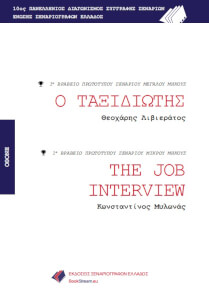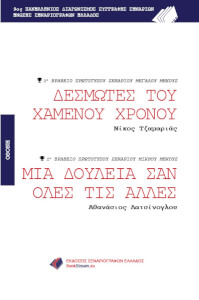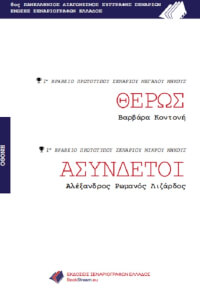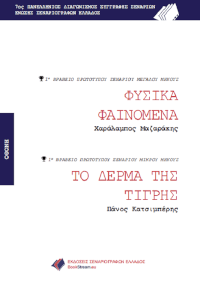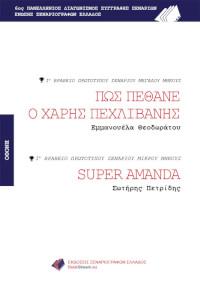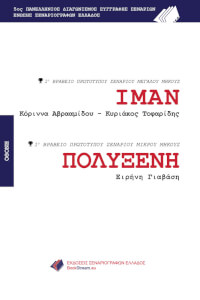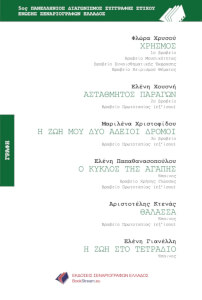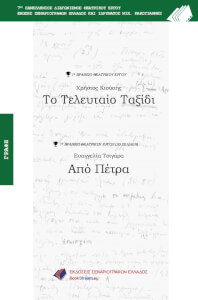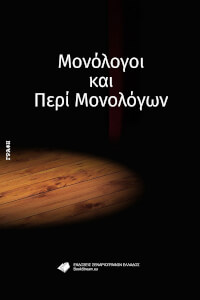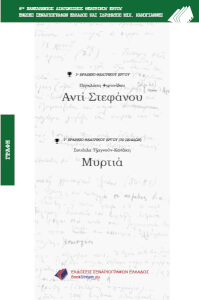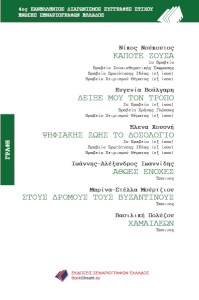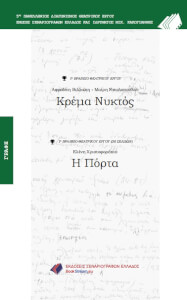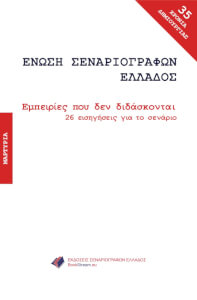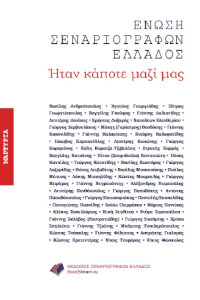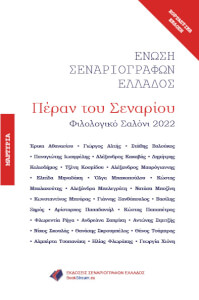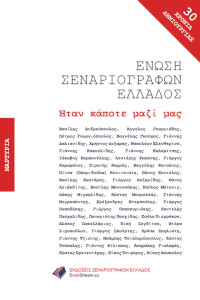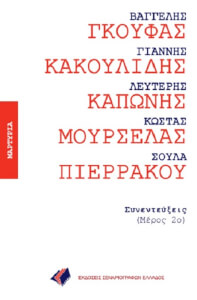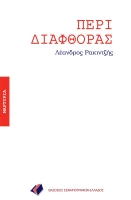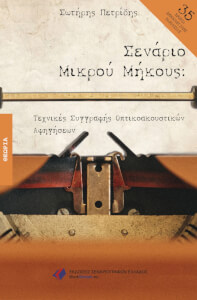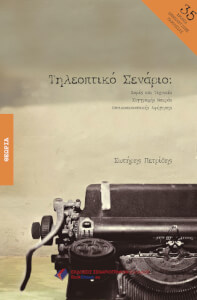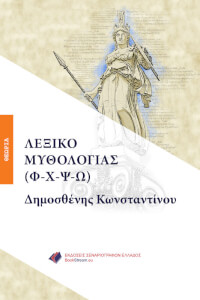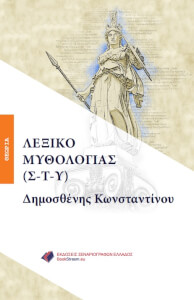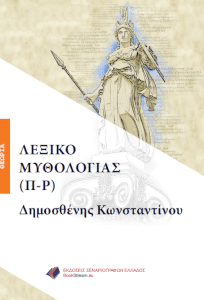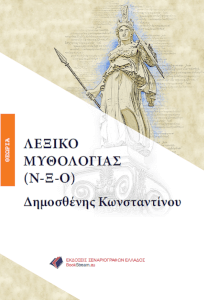Joint statement by Ms. Fleur Pellerin and Mr. Dario Franceschini on culture and copyright/authors' rights in Europe
The Minister for Culture and Communication of the French Republic and the Minister of Cultural Heritage and Activities and Tourism of the Italian Republic;
emphasizing their shared commitment to the protection and promotion of cultural diversity, a fundamental value of 21st century European societies, guaranteed by the UNESCO Convention of 2005 whose 10-year anniversary they are preparing to celebrate;
considering it necessary that the European Union recognizes culture, as well as Heritage, as a central element of the European project and take them into account in all policies and initiatives which it conducts, including as part of the mid term review of the 2020 Strategy;
arguing that Europe should mobilize all its efforts in order to promote and ensure the creation of works of the mind and provide access for all to rich and diverse cultural content in the digital era;
- recall the fundamental role played by copyright/authors' rights in service to cultural diversity, artistic creation and freedom of expression;
- highlight the cultural sector's importance for the European economy. In a global economy of knowledge, in which creation and innovation are more valued than ever before, the cultural and creative industries are a strategic area for competitiveness, growth and employment in Europe, as well as of dissemination throughout the world. Their development must therefore be encouraged and funding must be guaranteed for creation;
- undertake, in the European debate on copyright/authors' rights and the single digital market, to work together towards developing concrete proposals to ensure that copyright/authors' rights continue to play an essential role in the remuneration of creation and support for innovation. The signatories believe that business models emerging in the digital environment must take better account of the need for fair remuneration for authors and artists. Ensuring equitable sharing of value among stakeholders must be a priority for the European Union, in particular for the most fragile stakeholders, by promoting the economic and cultural development factor that collective management societies represent;
- will endeavour to improve the implementation of intellectual property rights at European level, and recall the importance of involvement of all digital ecosystem stakeholders on this issue, in particular Internet Service Providers. It is therefore necessary that any reflection on the future of the Community framework on copyright/authors' rights be integrated in a global perspective on the law applicable in the digital environment;
- wish to take advantage of all of the opportunities offered by the new digital environment in order to ensure access for Europeans to works, in particular music and film, through the development of licenses, the portability of offers, and the interoperability of formats. They wish to build an internal market which can guarantee the future of the creative economy and its contribution to growth and employment. In this context, they highlight their support for the territoriality of rights, which is an essential instrument in service to cultural diversity within the European Union;
- also wish to develop access to knowledge, in particular as part of education, research, and the public service rendered by libraries, by focusing efforts on improving and promoting contractual solutions. The modernisation of licenses must be a priority to meet the demand for access to works in the digital environment. The optional framework of exceptions and limitations of copyright/authors' rights meets the need for protection of cultural diversity through tailored policies adapted to national traditions. The introduction of any exception must meet specific requirements, be justified by verified evidence and be the subject of detailed impact assessments;
- are determined to work towards establishing a fair environment of competition between stakeholders, which is the condition for the development of a sustainable economy of creation in Europe. They encourage the European Commission to work towards developing an appropriate policy for the regulation of digital platforms that takes into account their central role in the lives of European citizens and that guarantees the application of general interest objectives that the Union and its Member States have set themselves;
- call on the European Commission, the European Parliament and the Member States meeting within the Council, to work, in the context of the digital single market and all European policies, towards developing concrete initiatives for culture in Europe. Beyond modernisation of copyright/authors' rights and establishing fair conditions of competition through the regulation of digital platforms, an ambitious creative and imaginative agenda must be defined in order to ensure the full contribution of the cultural and creative sectors to growth and employment as well as the spread of European culture, whose importance is more crucial than even for affirming our shared values.
Done in Paris, on 9 April 2015
The Minister for Culture and Communication of the French Republic
The Minister of Cultural Heritage and Activities and Tourism of the Italian Republic
ΠΗΓΗ: www.authorsocieties.eu ![]()
Ενημέρωση: 21-04-2015



